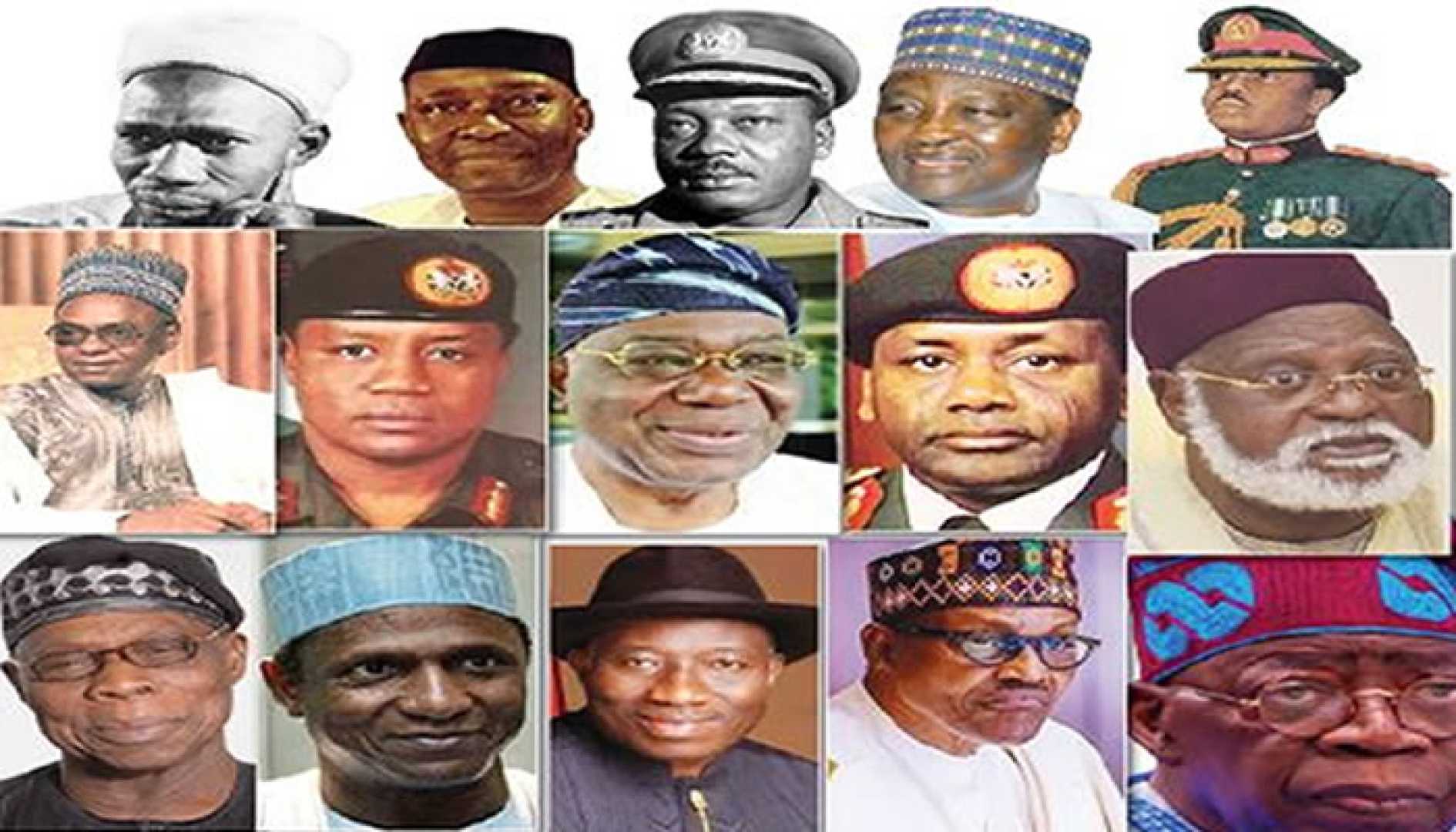World
Nigeria at 64: The Interplay of Politics and Music

As Nigeria commemorates 64 years of independence on October 1, 2024, reflections on the intersection of music and politics offer a compelling lens into the country’s socio-political landscape. Throughout Nigeria’s history, musicians have consistently used their art to comment on, critique, and sometimes instigate political change.
A foundational moment in this intersection occurred during the Second World Black and African Festival of Art and Culture (FESTAC ’77), initiated by General Olusegun Obasanjo‘s administration. This event, held from January 15 to February 12, 1977, showcased Nigeria’s cultural diversity and featured international and national artists like Stevie Wonder and King Sunny Ade.
Another significant development was during the 2020 #EndSARS protests against police brutality. Artists like Runtown, Davido, and Burna Boy were instrumental in mobilizing public sentiment and raising awareness about the issues. Notably, Davido’s song ‘FEM’ became an unofficial anthem during the protests, while Burna Boy’s ’20/10/20′ recounted tragic events during the demonstrations.
Historically, Nigerian music has also played a role during visits of dignitaries, such as when Queen Elizabeth II visited Nigeria in 1956 and was entertained by highlife musician Victor Olaiya. Olaiya’s contributions did not go unnoticed and earned him a knighthood following Nigeria’s independence celebrations in 1960.
The legendary Fela Anikulapo Kuti stands as a towering figure in this narrative. Fela’s music was unapologetically critical of Nigeria’s military regimes. His opposition led to his imprisonment during General Buhari’s regime, a sentence that was politically motivated, according to the singer’s biography by Carlos Moore.
Fela’s activism famously led to the destruction of his commune by soldiers under the direction of General Olusegun Obasanjo in 1977, resulting in the death of his mother, Funmilayo Ransome-Kuti, a prominent activist. This incident underscored the dangers of speaking truth to power in Nigeria.
More recent instances reflect a continuation of the tradition where music intersects with politics. Despite political censorship, like the banning of Eedris Abdulkareem‘s ‘Jaga Jaga‘, such works have thrived and played a crucial role in urging political leaders to address societal grievances. In 2015, a collective of popular musicians created a campaign song for Akinwunmi Ambode, demonstrating the evolving role of music in Nigerian political campaigns.
On the other hand, entertainment also reflected political tensions during General Sani Abacha’s era. Artists like Femi Kuti refused to participate in pro-government events, aligning themselves instead with critical voices that desired change.
As Nigeria navigates its democratic future, music continues to play an integral role in both documenting the socio-political realities and stirring dialogues crucial for progress.












